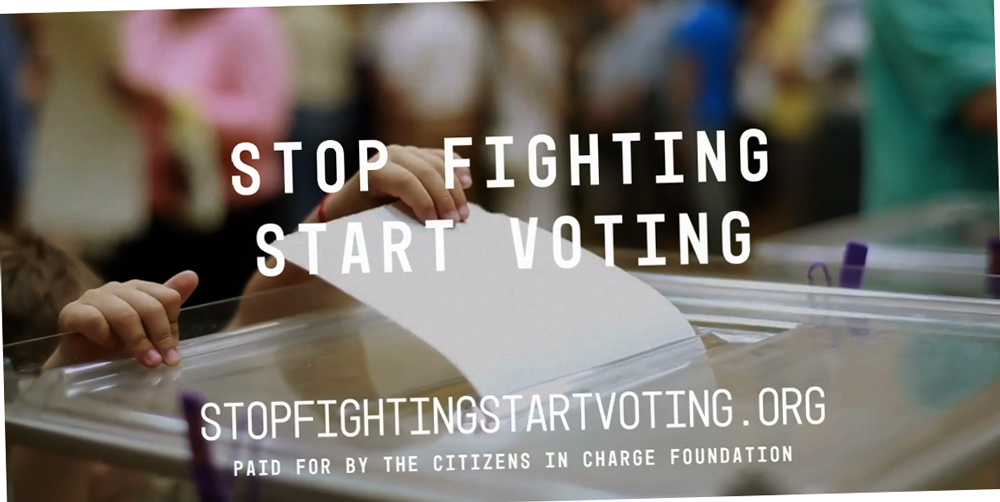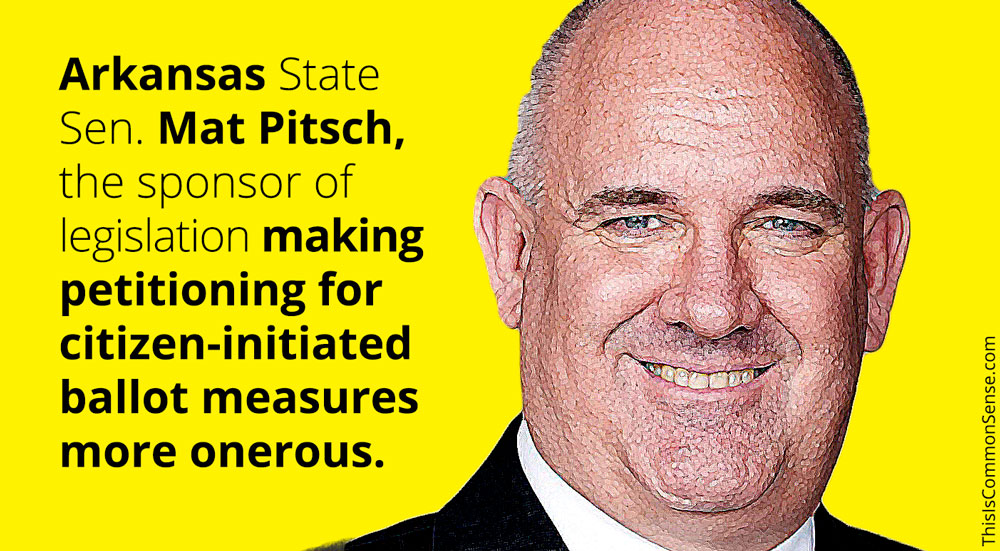“I was born without representation, but I swear,” Washington, D.C., Mayor Muriel Bowser vowed last week, “I will not die without representation.”
She has a point: 700,000 D.C. residents lack a voting representative in Congress.
On Friday, the U.S. House passed legislation — 232 to 180 with 19 members hiding in the cloakroom and refusing to vote — to make the nation’s capital city the 51st state. Not merely garnering a U.S. Representative, but also a lifetime guarantee of two U.S. Senators.
“D.C. will never be a state,” counters President Trump, explaining that Senate Republicans would be “very, very stupid” to allow two new U.S. Senators who are nearly certain to be Democrats. Senate Majority Leader Mitch McConnell quickly announced the Senate would not take up the bill.
But Republicans are not the only ones blocking representation.
As Rep. Andy Harris (R-Md.) pointed out, Maryland had originally ceded some of the land to create the federal District of Columbia, and could now take back the residential areas. Those citizens would add their own House rep for Maryland and be represented by Maryland’s two U.S. Senators.
Democrats refuse. Why? Because it is not about representation. The city must be turned into a state so that two new Democratic U.S. Senators can be pulled out of a hat.
There is yet another path to representation. Make a bi-partisan deal to add two states. In addition to the State of Columbia (51), add the State of Jefferson (52) — comprised of 21 northern counties trying to secede from the rest of California.
Better representation. No partisan advantage. Problem solved.
If anyone were interested in that.
This is Common Sense. I’m Paul Jacob.
—
See all recent commentary
(simplified and organized)









